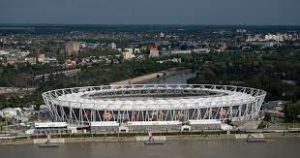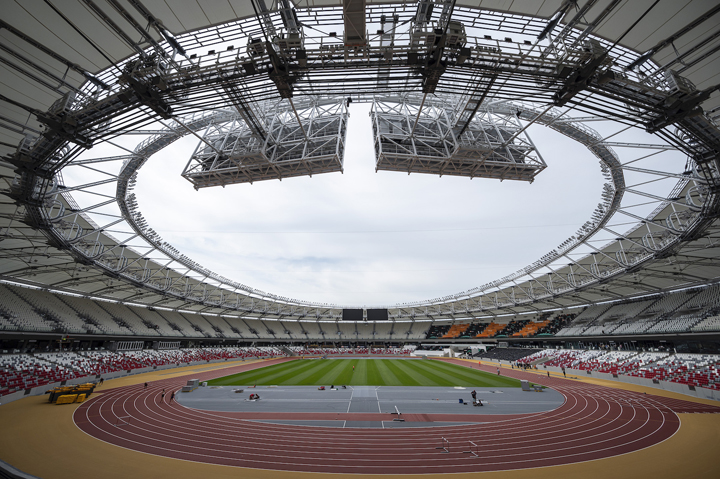A nation may pay millions or even billions of dollars to host a major international sporting event. That money buys a chance to show strength both domestically and internationally, and if the event is successful, it might even hide that nation’s frequently criticized flaws.

Hungary for global sports spotlight ( Photo: The Seattle Times)
According to the article from US News, this tendency has recently been seen in Qatar, China, Russia, and other nations. This month in Budapest, the attention will be on Hungary, a nation governed by a prime minister with authoritarian tendencies and a questionable track record when it comes to human rights. The ninth-day track and field world championships begin on Saturday, marking Budapest’s most recent foray onto the global stage.
More than 2,000 athletes from more than 200 nations will compete in the largest international sporting event outside of the Olympics at a cost of about $700 million at the gleaming National Athletics Center on the left bank of the Danube River.
Some believe that this is a logical step for Prime Minister Viktor Orbán to take in order to establish his nation’s reputation on the international scene, much like other leaders have done in previous years by hosting the Olympics, World Cups, and other important sporting events.
READ ALSO: Dangerous Cities In Wyoming: What You Need To Know
Others view the right-wing government’s emphasis on holding costly sporting events in a nation of 9.7 million people as a destructive sign of corruption and overreach — a diversion from its own murky record on everything from human rights to democracy to a European Union-leading inflation rate of 17.6% as of July.
According to the article from Business Mirror, former sports journalist turned Momentum board member Janos Kele claims Orbán and his Fidesz party place a lot of emphasis on sports as a way to appeal to the strength and competence of Hungarian voters and, like other autocratic systems, to improve their reputation abroad.
“Such propagandistic elements can obviously distort reality to some extent and provide a sense of success in the midst of the economic and political difficulties that we are experiencing right now,” he said. “These political systems seek to buy domestic and international legitimacy for themselves.”
In a nation that had been vying for its place among western liberal democracies after the democratic transition in 1990, Orbán has grown into a right-wing force. The EU has brought multiple legal actions against the government in recent years due to its policies on asylum seekers and LGBTQ+ rights, as well as its failure to maintain rule-of-law requirements.
As a self-described defender of traditional family values and Christian culture, Orbán has established stringent guidelines for the portrayal of homosexuality to children under the age of 18, outlawing LGBTQ+ content in school curricula as well as in the media, including television, movies, ads, and literature.
As mandated by a 2021 “child protection” regulation, bookstores that neglected to place literature that promotes homosexuality behind closed packaging were recently hit with heavy fines.
READ ALSO: Here Are The Most Dangerous Neighborhoods In Boise For 2023









